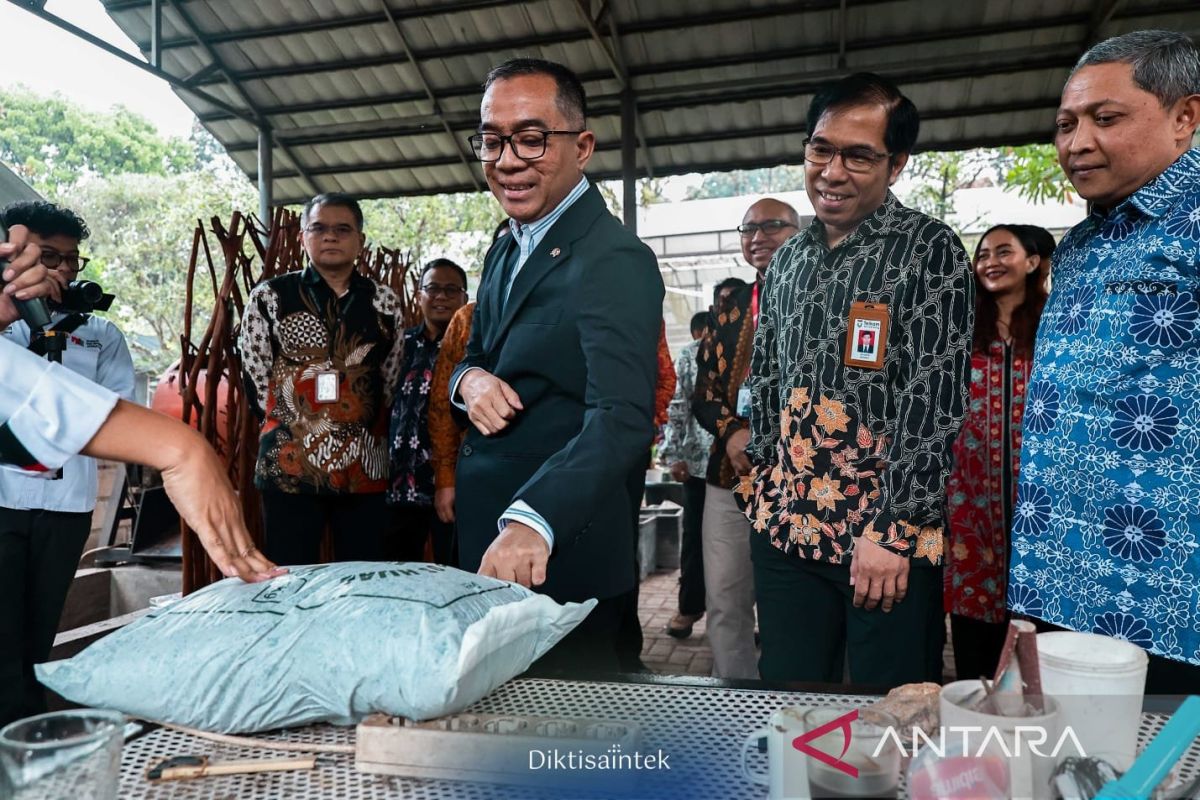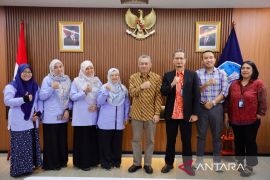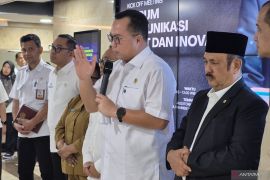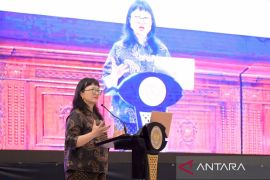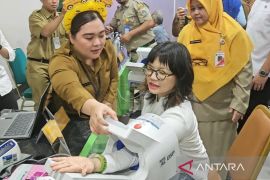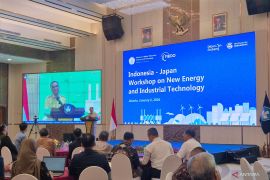"Universities must act as research and development hubs, working closely with industry to drive downstream innovation," Brian said in Jakarta on Wednesday.
He also made the call in his remarks during the Introduction to Campus Life for New Students (PKKMB) event at Telkom University, Bandung, on August 19, 2025.
The minister underscored the urgency for universities to serve as catalysts for economic development by turning research outcomes into technologies that can be utilized collaboratively by all stakeholders.
During the event, Minister Brian praised an incinerator project developed by the research team from the Physics Engineering Undergraduate Program at Telkom University, named "Telurator."
Related news: Indonesia urges universities to align with key industries
Telurator has been deployed and is currently operating in nine waste disposal sites (TPS) in Tarumajaya Village, Kertasari, Bandung, West Java.
With its ease of operation, fuel consumption of one liter per hour, and passing emission tests with satisfactory results, Telurator exemplifies an innovation that supports community productivity without compromising environmental sustainability.
"This waste incinerator is excellent, as it is not only for academic learning but also directly usable by the community," the minister remarked.
He viewed this as a tangible manifestation of the "Diktisaintek Berdampak" (Impactful Higher Education, Science, and Technology) spirit promoted by the ministry.
Brian called on other universities and local governments to replicate the model, emphasizing the need for strong, adaptive human resources.
"We can not become a developed country with business-as-usual thinking. Universities must nurture resilient and relentless talent," he added.
Related news: Universities urged to boost research-based entrepreneurial growth
Translator: Sean, Azis Kurmala
Editor: Rahmad Nasution
Copyright © ANTARA 2025
